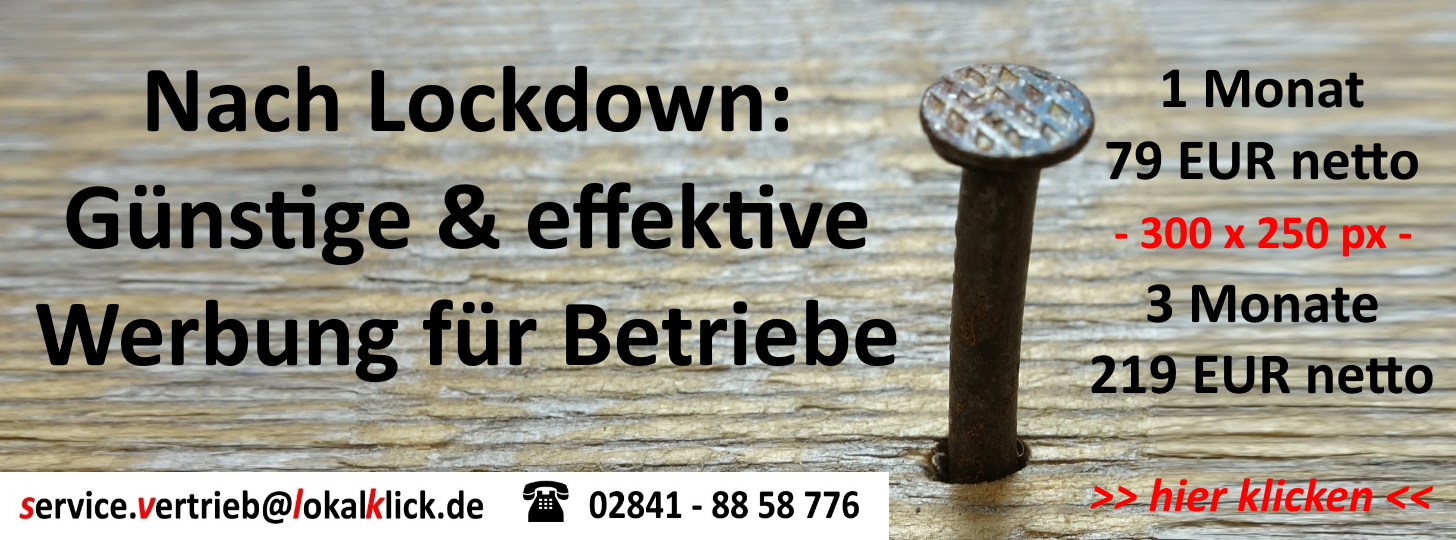–


–
Krefeld / Mönchengladbach. Children and young people in the region should be better supported in the MINT area. That is the aim of the MINTinMIND project, for which Parliamentary State Secretary Thomas Rachel from the Federal Ministry of Education and Research (BMBF) handed over the funding decision at the Niederrhein University of Applied Sciences today. In addition to the Niederrhein University of Applied Sciences, the project partners are the cities of Krefeld and Mönchengladbach with their respective zdi centers, the Mönchengladbach business development agency and the Middle Lower Rhine regional agency.
The project is part of the “Regional Clusters for MINT Education of Young People” measure and is funded by the BMBF for a period of three years. “If we want to remain at the forefront of science, research and innovation in the future, we need more young people who are enthusiastic about MINT. The BMBF is therefore using various funding programs to ensure that young people are more interested in a future MINT job “, Said Parliamentary State Secretary Thomas Rachel at the event, to which numerous partners connected via the Zoom video platform.
Previously, University President Dr. Thomas Grünewald emphasizes the importance of knowledge transfer for the Niederrhein University of Applied Sciences: “We are the university in the region and try to keep up with the economic and social development in our region,” said Grünewald. The promotion of measures that introduce young people to MINT subjects plays an important role.
The MINTinMIND project aims to give children and adolescents between the ages of 12 and 16 low-threshold access to MINT topics and try to arouse interest and curiosity outside the school context. Because the decision for a STEM profession offers many opportunities for professional and social advancement, as all partners agreed on. Girls in particular should have their own opportunities to
Gaining access to STEM subjects, as they are often less encouraged in this area than boys.
The Lower Rhine already has numerous MINT offers, so that the new project sees its main task in creating synergies. “There is a lack of networking and good marketing for the offers,” said project manager Professor Dr. Monika Eigenstetter. “We would like to systematize the offers in a quality assurance concept along the education chain and with a view to the local job market.”
New and improved access routes to the children and young people as well as their parents are to be found. Thomas Rachel: “Particularly noteworthy is the approach of the cluster to integrate different MINT didactics into various MINT offers and for example for girls or young people with a migration background to develop specific offers so that the diversity of children and young people in the region is taken into account. The low-threshold program that is to be offered to all interested pupils will also contribute to this. “
The partners have different roles: on the one hand, the cities want to pave the way for youth work and, on the other hand, to create a better link between school and extracurricular education. The zdis, in turn, are active at the interface to business and want to be effective here. The regional agency would like to intensify the work with parents in a targeted manner. And the HSNR sees itself in the role of coordinating and integrating the offers of the region.
–

